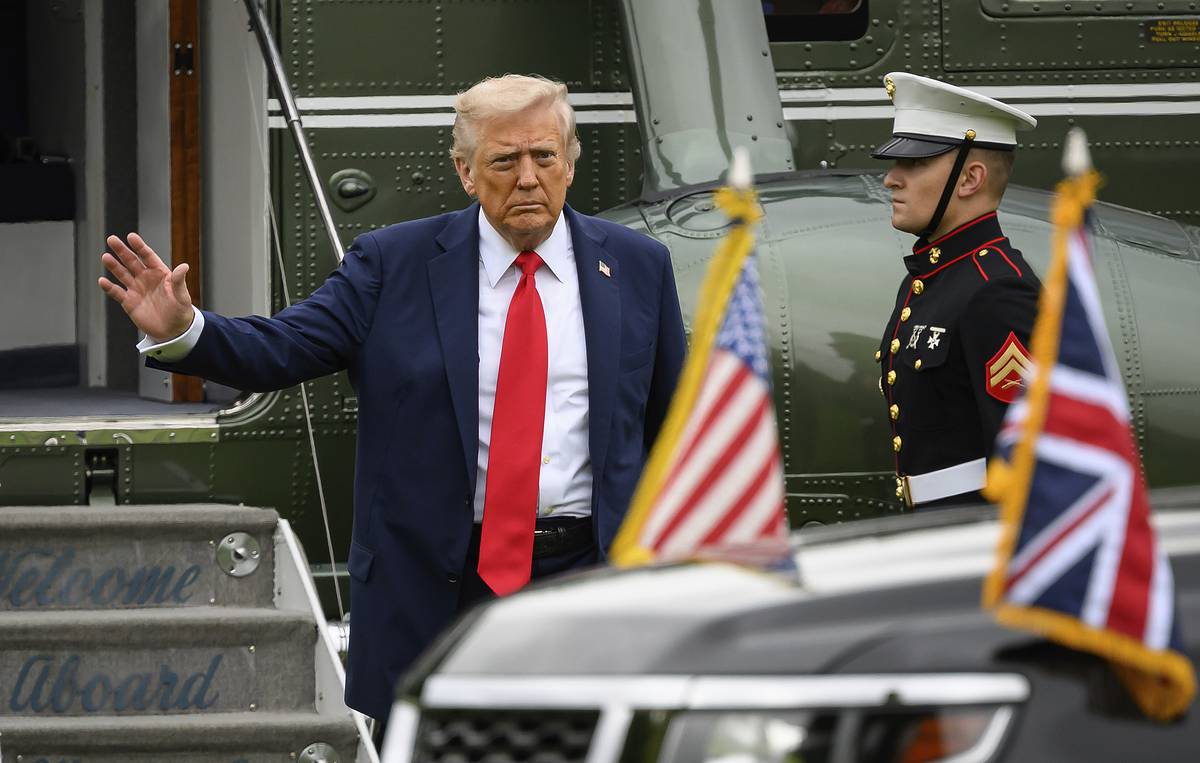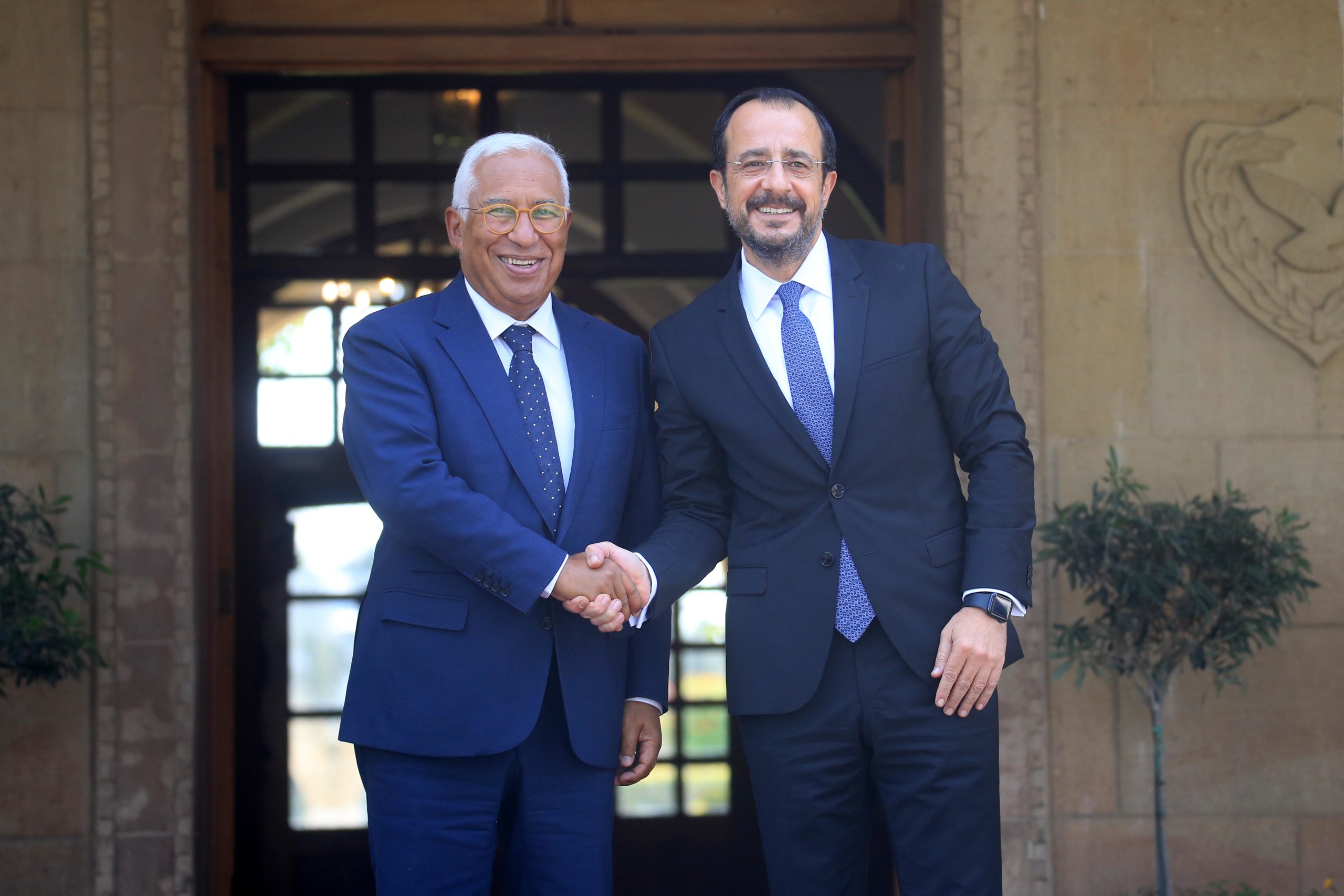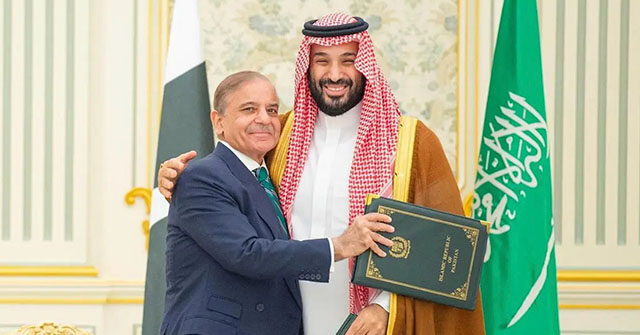By Tass
Copyright tass

MOSCOW, September 19. /TASS/. Trump rebuffs UK pressure for tougher Russia policy during his London visit; China, Brazil organize a new meeting on Ukraine conflict resolution; and ExxonMobil dismisses a return to Russia, seeking recovery of $4.6 bln in lost Sakhalin-1 assets. These stories topped Friday’s newspaper headlines across Russia.
Media: Trump resists UK pressure for tougher Russia policy
The United Kingdom failed to persuade Donald Trump to pursue a more rigid policy toward Russia during his visit to London. Although the US president once again declared his readiness to impose new sanctions on Russia and continues to insist that Europe abandon Russian oil, he still seeks to resolve the conflict in Ukraine and improve relations with Moscow, Russian media reported. The US Embassy in Moscow told Izvestia that preparations are underway for a new meeting aimed at resuming the operations of diplomatic missions.
Talks between US President Donald Trump and UK Prime Minister Keir Starmer took place on September 18. Among other issues, the leaders once again discussed Ukraine. At a press conference, Trump threatened Moscow with new sanctions but refrained from making any radical statements. Starmer, however, openly acknowledged that he had urged Trump to step up pressure on Moscow.
According to Nezavisimaya Gazeta, “the only conclusion that can be drawn from Trump’s speech in the UK is that he still hopes to bring Russia and Ukraine to the negotiating table and achieve peace on terms he views as compromise. These include territorial concessions, a renunciation by Ukraine’s leadership of its bid to join NATO, and perhaps something else. But Trump’s actions, rather than his words, show that he does not intend to abandon support for Kiev.”
Reuters recently reported that the Pentagon, for the first time under Trump’s current term, authorized two arms shipments to Ukraine from US stockpiles under the Prioritized Ukraine Requirements List mechanism. The shipments were financed by the Netherlands and Germany.
Trump’s rhetoric toward Russia is unlikely to change, as it is doubtful that any European leader will succeed in persuading the White House, political analyst and Valdai Discussion Club expert Andrey Kortunov told Izvestia.
The US Embassy in Russia told Izvestia that a date for a new bilateral meeting to normalize the operations of the two countries’ embassies is currently being negotiated.
“Our negotiations with our Russian colleagues are focused on restoring the operations of our embassies in Moscow and Washington, rather than on a broader normalization or improvement of our relations. We expect to continue these negotiations in the future, at a time convenient for both sides,” the diplomatic mission said.
A more confrontational tone toward Moscow on British soil is natural for Trump, Deputy Chairman of the Federation Council Konstantin Kosachev told Izvestia, noting that it stems from Starmer’s pressure. “Obviously, Starmer did this solely to draw Trump toward the tougher positions now embraced by European countries, especially the UK. Therefore, I cannot rule out any further provocations from the UK if and when the British decide that doing so might increase pressure on the American president,” the senator said.
Izvestia: China, Brazil arrange new meeting on Ukraine
China and Brazil are planning a new meeting to discuss a settlement of the Ukrainian conflict. The two sides are currently coordinating the time and venue for the “Friends of Peace” session, chief advisor to the president of Brazil Celso Amorim told Izvestia. At the recent BRICS online summit, member states agreed to promote the format, and the initiative has also received support from Slovakia and Hungary. At the same time, Brasilia and Beijing stress that negotiations on a settlement remain challenging. European countries continue to escalate the situation with drones over Polish territory and are seeking to persuade the United States to step up pressure on Russia.
“The agenda of the group is formed in accordance with the political opportunities we identify. We adapt to circumstances to ensure our initiatives remain constructive. At present, we are examining dates and a location for the meeting in the near future,” Amorim told the newspaper.
“Brazil and China maintain an ongoing dialogue on the Ukrainian issue. Our goal is to help the parties find possible solutions through negotiations. We [Brazil and China] have emphasized that dialogue and diplomatic talks, rather than the use of force, are the only viable path. This stands in contrast to the position of those who have openly spoken of the need for Russia’s strategic defeat,” he added.
“It is encouraging that after a long diplomatic pause the parties have returned to the negotiating table, even if only in limited formats, such as in Turkey and in Alaska. However, the negotiations remain difficult, and the developments on the battlefield are cause for concern,” Amorim told Izvestia.
Brazil and China are arguably among the most active countries seeking ways to resolve the Ukrainian conflict or at least to call on others to pursue this goal, the newspaper noted.
Oleg Karpovich, Vice rector of the Diplomatic Academy, told Izvestia, “The steadily increasing weight of the peace building contributions of Global South countries once again underscores their growing role in addressing key issues on the international agenda.”
Media: Pentagon finalizes preliminary design for Golden Dome space-based missile defense system
The Pentagon has completed development of a concept for the creation of the United States’ next-generation missile defense system, known as the Golden Dome. The military has already briefed the White House and Congress on its framework, promising to present a more detailed report in November. Meanwhile, the Congressional Budget Office is attempting to calculate the overall cost of what is considered the most ambitious project of President Donald Trump, suggesting that it will be several times higher than his stated figure of $175 bln. Experts argue that while the Golden Dome introduces only one truly novel element, the space-based interceptor, it may serve both strategic and industrial purposes.
So far, $25 bln has been allocated for the program under the One Big Beautiful Bill Act approved by Congress in early July (its main task being the extension of provisions of the 2017 tax reform). An additional $45.3 bln has been requested by the president for the 2026 fiscal year, which begins on October 1, 2025. Thus, the allocation of extra funds has not yet been approved.
Oleg Krivolapov, head of the Department of Military-Political Studies at the Institute for the US and Canadian Studies, told Kommersant that according to available public data, the only genuinely new elements in the architecture of the Golden Dome are the space-based interceptors.
“Space-based sensors for launch detection (to replace outdated systems), for tracking ballistic and hypersonic missiles throughout their trajectories, for distinguishing decoys from actual warheads, and for detecting and monitoring mobile land, sea, and air missile platforms are already under development,” he explained.
“Economic motives are not ruled out – for example, a desire to expand US industrial production of spacecraft in general. Militarily, US authorities are likely counting on the possibility that in the event of an attack, at least a small fraction of missiles would be intercepted by space-based interceptors. This would make it relatively easier for ground and naval missile defense systems to handle a reduced number of incoming missiles,” the expert added.
When comparing the two most widely cited estimates of the project’s potential cost – $175 bln and $542 bln – the latter is the more realistic, senior research fellow in the Department of Military-Political Studies at the Institute for US and Canadian Studies Igor Shkrobtak told Vedomosti. Furthermore, he added, a separate assessment will be required for the training of personnel who will operate the system. Shkrobtak believes that in the event of full-scale implementation, even the half-trillion-dollar estimate could ultimately turn out lower than the actual cost.
Kommersant: ExxonMobil rules out return to Russia, seeks recovery of $4.6 bln in lost Sakhalin-1 assets
Former participant in the Sakhalin-1 project, US energy major ExxonMobil, has denied speculation about its possible return to Russia. However, the company confirmed it is engaged in negotiations with Russian authorities regarding the recovery of $4.6 bln in lost assets. Legal experts told Kommersant that the negotiating process may yield results more quickly than litigation in international courts followed by attempts to seize compensation from Russian overseas assets.
ExxonMobil, the first Western company to announce its withdrawal from Russia in 2022, does not plan to return to the country or pursue new investments. CEO Darren Woods told the Financial Times that while ExxonMobil has no intention of resuming operations in Russia, it has been in talks since early 2023 with Russian authorities on settlement terms related to an arbitration dispute over the loss of the company’s 30% stake in the production-sharing agreement project Sakhalin-1.
In its 2024 annual report, ExxonMobil stated that it incurred $4.6 bln in pre-tax expenses related to the asset loss. Since then, the company’s stake was expected to be sold to a Russian company, but the completion of the transaction has been repeatedly postponed.
According to Elena Kozina, managing partner at ELCO Profi, Woods’s remarks may represent a classic element of international arbitration strategy, in which a company publicly signals that it is not relinquishing its claims and views negotiations strictly in the context of securing compensation, not a return to operational activity in Russia. She added that ExxonMobil’s chances of winning in court are high, but the proceedings could take several years.
Artem Kopylov, a partner at Pen&Paper law firm, emphasized that the likelihood of Russia voluntarily complying with a court ruling is close to zero, while enforcement through Russian assets abroad or those of affiliated structures would be extremely challenging.
Izvestia: France engulfed by strikes and protests as unions reject ‘antisocial’ 2026 budget
France has been brought to a standstill by strikes and mass demonstrations organized by trade unions against the draft budget for 2026. According to organizers, as many as 1 mln people joined anti-government rallies across the country. Rail and metro services were interrupted, nearly all pharmacies closed, and at least 17% of teachers refused to work, leading to widespread school closures. The proposed budget had already forced the fall of Francois Bayrou’s government. New Prime Minister Sebastien Lecornu has made certain concessions, but the opposition is demanding more, Izvestia writes.
The spark for the protests was the 2026 draft budget. France is facing an economic crisis: expenditures continue to rise while revenues decline. Back in the summer, the former government of Francois Bayrou submitted legislation to the National Assembly that proposed eliminating public holidays for two national celebrations, adjusting pension increases, and other social expenditures.
This measure was expected to reduce the budget deficit by €44 bln, which would have broadly addressed the fiscal imbalance. At the same time, however, defense spending remained untouched. The left and right opposition, which together form the majority in the French parliament, rejected the selective approach and refused to endorse the draft budget.
“The political dimension of the crisis is aggravated by the country’s growing militarization and the significant increase in defense spending to meet foreign policy commitments, including support for Ukraine and NATO. This provokes bewilderment and resentment among citizens, who are being asked to sacrifice social welfare in the name of geopolitical priorities,” research fellow at the Center for Comprehensive European and International Studies at the Higher School of Economics Maria Frolova told Izvestia.
According to the expert, harsh police crackdowns on demonstrators combined with partial concessions may temporarily alleviate tensions but fail to resolve deeper problems.
“Lecornu must seek compromise with both the left and the right opposition, each of which has its own demands. Reaching a solution that would satisfy everyone is extremely difficult,” senior research fellow at the Department of Social and Political Studies of the Institute of Europe of the Russian Academy of Sciences Sergey Fedorov told the newspaper.
TASS is not responsible for the material quoted in these press reviews



